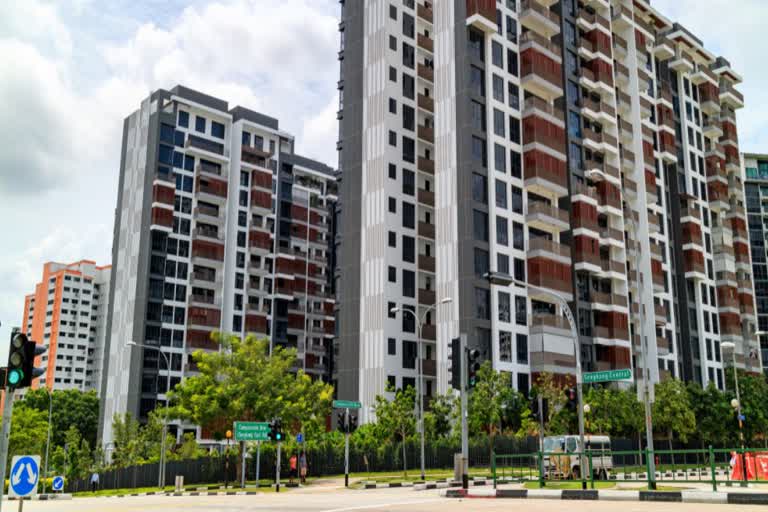Business Desk, ETV Bharat: India’s rental real estate market is set for major reforms as the central government may soon approve the Model Tenancy Act 2019 that may change the way properties are rented out in the country.
The Centre had drafted and unveiled the model draft last year with an aim to safeguard the interests of both tenants and landlords and encourage the practice of renting out vacant residential and commercial premises.
The model law makes it mandatory to rent premises only by way of a written agreement, while also making provisions for setting up of rent courts and rent tribunals in order to settle any disputes within 2 months of being reported.
Once the housing ministry approves the model tenancy law, it would be sent to states and Union territories for adoption. However, since land is a state subject, state governments have the freedom to either adopt it fully or form their own tenancy law based on the central government’s guidelines.
Once implemented, the Model Tenancy Act 2019 will significantly change the current power dynamics within the renting sector. Know how the law will affect the stakeholders involved:
KEY BENEFITS FOR LANDLORDS
-- Compensation for extended stay: At present, there are no strict laws in place against tenants who do not vacate the premises after the termination of the contractual time period of the lease. This results in landlords living in fear of losing control over their property.
Read more:ICICI Bank customers can now open FDs, pay utility bills through Whatsapp
The model law now gives landlord the right to ask for compensation from the tenant if he/she stays for an extended period breaching the contract.
As per the model law, if a tenant overstays, the landlord shall be entitled to a compensation of double the monthly rent for first two months and four times the monthly rent thereafter.
-- Requesting eviction: The draft law empowers the landlords to approach the rent court and request the eviction of tenants if they have not paid rent for two consecutive months.
-- No subletting allowed: The model law says that tenants would not be allowed to sublet whole or any part of the premises without the prior written consent of the landowner. When the consent of the landlord is obtained, the tenant would also have to provide all the details relating to sub-tenancy.
-- Fixing rent as per market value: The draft law allows landlords to calculate the rent for their property at an amount which is closer to the present and real-time market rate of the property and not on the basis of the cost of land at the time of purchase and construction expenses incurred thereafter.
KEY BENEFITS FOR TENANTS
-- Notice before increased rent: The model law says that the rent can be increased only if the landlord issues a notice to that effect to the tenant at least three months in advance. The landlord cannot hike the rent during the notice period. On receipt of such notice, a tenant has to reply in acceptance or non-acceptance. If no reply is given by the tenant, it is deemed that the tenant has accepted the increase in rent.
-- Mandatory rent receipt: The law makes it mandatory for landlords to give tenants a rent receipt as the acknowledgment for receiving the rent money in order to avoid disputes and frauds in future.
-- Advance security deposit: The law proposes to cap the advance security deposit paid by a tenant to a maximum of 2 months in case of a residential property and 1 month in case of a non-residential property. This would especially prove to be beneficial for tenants who pay up to a year of rent as security deposit in certain metro cities.
-- Right of successor:The model law says that in case of the death of the landowner or tenant, their successors will have the same rights and obligations as agreed in the tenancy agreement for the remaining period of the tenancy.
-- Curbing landlord intrusion:The model law states that landlords need to give a written notice, 24 hours in advance, to visit the rented premises for repair or renovation work. Also, as per the draft ruled, they cannot make a visit before 7 am and after 8 pm.
